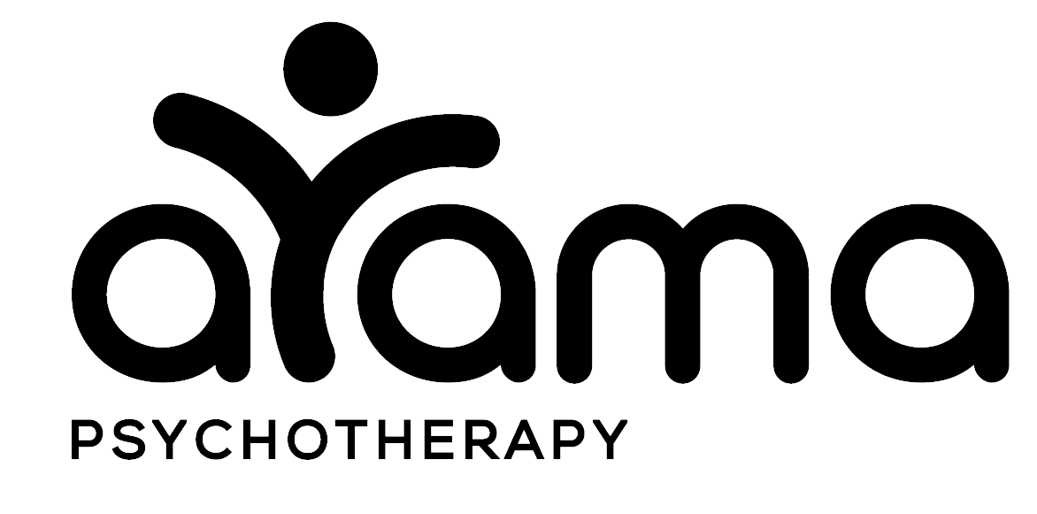Little dozes before bed
The topic of dozing has come up a few times this week in conversations with people working on sleep improvement, so I thought that this might be a topic worth covering here. I am wondering if this sounds familiar to any of you who struggle with sleep:
"I could barely keep my eyes open last night. I was sitting on the couch and watching t.v., and I think that I even fell asleep for a moment...I'm not sure how long it was. But, by the time that I got into bed, I was suddenly awake and it took me a while to finally go to sleep. It's so frustrating."
I can attest to this happening. I do it myself more often than I would like, and it's not a good habit because it sets up problems with sleep for the night. I'll write more next week on what I do in this situation if I happen to doze before bed.
At any rate, even if you just very briefly close your eyes in that scenario of sitting on the couch at night, the chances are, if we had an electroencephalogram (EEG) on your head to measure the actual brain waves, then in those brief moments prior to and while your eyes are actually closed, the EEG would show that you are getting actual sleep.
Sometimes, especially for people who have trouble sleeping, those brief dozes are enough to give you a "second wind" of energy for the evening and/or inhibit your ability to fall asleep quickly when you get in bed.
Interestingly, there is a sleep condition in which people have difficulty differentiating between being awake and asleep (paradoxical insomnia); many people who struggle with sleep probably are familiar with a little bit of this phenomenon, being unsure of when they are awake or sleep, finding sleep to be restless or fitful.
If you have trouble sleeping, I recommend minimizing allowing oneself to be in the state in which you are unsure if you are awake or asleep. I have previously recommended always differentiating between being sleepy and fatigued, and the importance of being intentionally awake (either relaxed or not) vs. intentionally asleep is equally important.
Being relaxed, with eyes closed, is not a replacement for good sleep. Many people who struggle with sleep do a lot of being relaxed, with eyes closed; this is not an appropriate strategy for dealing with lack of sleep; it serves to exacerbate the problem because little dozes can interfere with the ability to fall asleep and with the ability to have high quality of sleep at night.
If you're looking for a small behavior change to improve your odds for good sleep, then you want to catch those little dozes and get rid of them. Save up the pressure to sleep, also known as "sleep drive," for when you put your head on your pillow at bedtime. That will set you up for a better quality of sleep at night.
You can read more about our services.
Happy Sleeping,
Alissa S. Yamasaki
Licensed Psychologist
